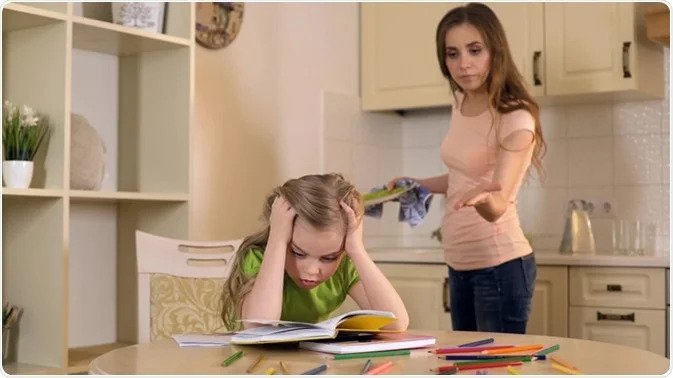Helicopter Parenting: When Helping Your Child Hurts More Than It Helps

It’s natural for parents to want the best for their children. Every parent feels the urge to pause and offer help when their child faces difficulties or to make suggestions that might make life easier. However, this impulse can sometimes be overdone, and when taken too far, it can lead to helicopter parenting.
Despite good intentions, persistently meddling in your child’s life can eventually cause more harm than good. Children who experience excessive parental control and influence may struggle to manage their lives independently as adults.
What Is Helicopter Parenting?
The phrase was first used in 1969 in Dr. Haim Ginott’s book ‘Between Parent and Teenager’. Ginott described a teenager who complained about his mother’s constant presence, comparing her to a helicopter.
Just like a helicopter that hovers above, a “helicopter parent” is someone who is always ‘hovering’ over their child, doing tasks the child could do themselves, solving problems the child could handle, and overseeing every move. This parenting style involves overprotection and overinvolvement, often in the name of love or care.
Helicopter parents frequently interfere in nearly every aspect of their child’s life, micromanaging decisions and daily activities. While some may argue that this is harmless, research shows it can have negative effects, such as:
- Lower self-esteem
- Increased anxiety
- Mental health challenges
- Strained parent–child relationships
Conclusion
Every parent has, at some point, gone the extra mile to make their child’s life easier. The problem arises when helicopter parenting becomes the norm and begins to hinder healthy development.
You undoubtedly want what’s best for your child, but you might not realize you are engaging in helicopter parenting. Think about the kind of adult you want them to become, and shape your parenting style to guide them toward that goal. Sometimes, stepping back can ease the pressure on both your shoulders and theirs.





